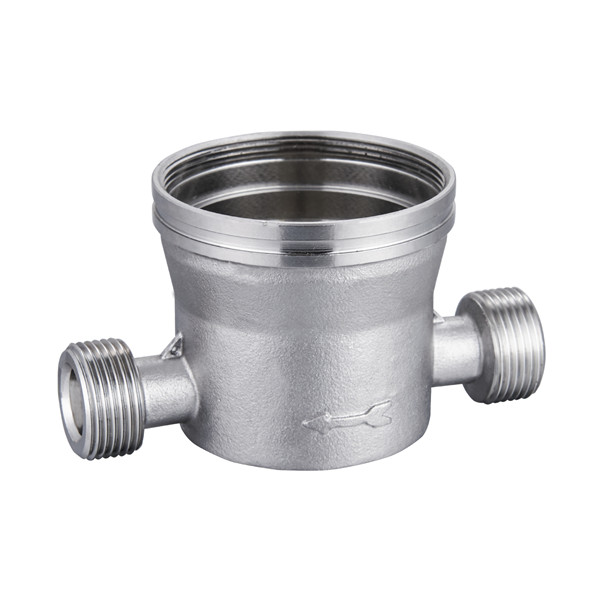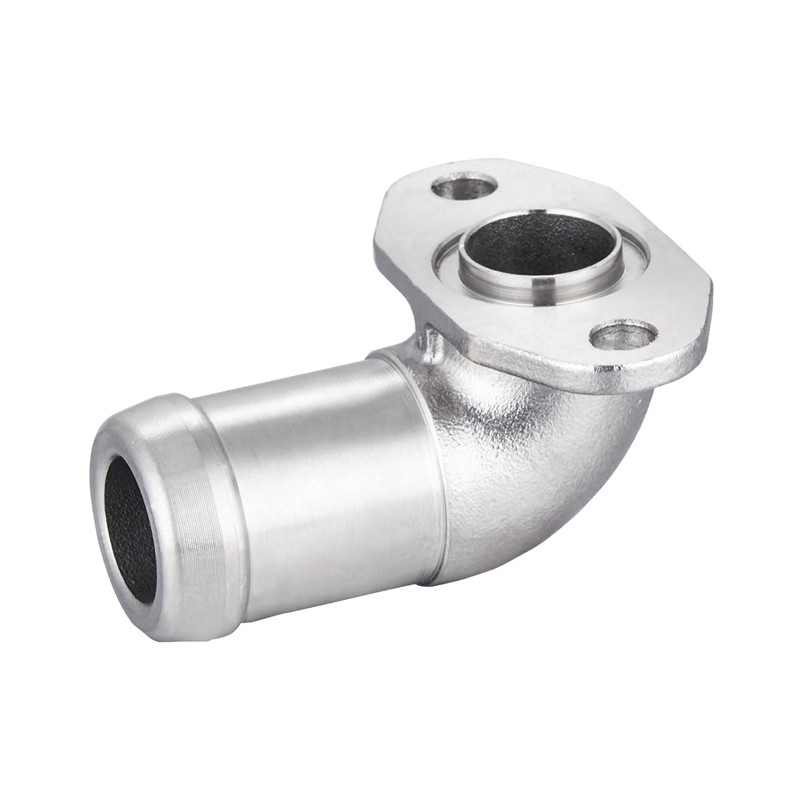Many products that do not fall under the mandatory CCC certification can obtain a CQC or CCAP certification on a voluntary basis. Voluntary product certifications provide an indication to distributors and/or the end user in China that a certified product meets Chinese quality standards and corresponding GB standards. The voluntary certification increases a product’s competitiveness in the Chinese market. National quality labels have a much greater significance in the People’s Republic of China than similar quality markings in Europe or the US (for example the CE or UL logos).
It is called a “voluntary” certification because the requirement of certification does not come from the Chinese authorities. In most cases, the requirement comes from the end customer or the OEM (Original Equipment Manufacturer). The voluntary certification is especially common requirement for components in the automotive industry. OEM’s will require that component manufacturers obtain a voluntary CQC certificate or CCAP certificate for their products for homologations of their vehicles. They will also typically ask for a voluntary certification in addition to the mandatory CCC self-declaration to show continued annual compliance to the relevant Chinese standards. Gasket

The voluntary certification process is similar to the CCC certification. Implementation Rules and GB standards define the requirements. Factory audits and product tests are essential to the voluntary CQC or CCAP Mark certification.
There are several authorities in China that issue voluntary certificates. The two most common and largest authorities for voluntary certification are the China Certification Centre for Automotive Products Co, Ltd. (Chinese: 中汽认证中心有限公司), also known as CCAP, and the China Quality Certification Centre (Chinese: 中国质量认证中心, ) also known as CQC. The voluntary certifications are officially named after the issuing authorities, in each case: CCAP Voluntary Certification or CQC Voluntary Certification.
The CCAP authority specializes in automotive components and certifies automotive products for CCC certification and voluntary CCAP Mark certification. The CQC authority can certify most products requiring CCC certification and offers voluntary CQC certification too. Both authorities can provide the voluntary certification. The voluntary CQC certificates and voluntary CCAP certificates have an equivalent status to CCC as “Voluntary Certification” in China.
Issuance of the factory code
Marking with the authority logo (optional)
To maintain the validity of the voluntary certificates, a follow-up inspection must take place annually. In addition, CoP tests (CoP = Conformity of Production) must be conducted.
The product may be marked after receipt of the certificate. For CQC approval, a marking permission must also be applied for. CQC and CCAP marking is optional for voluntary certification. Please note CCC and CCC Self-Declaration markings are mandatory for products that require CCC and CCC Self-Declaration.
The voluntary CCAP Mark certification and CQC Mark certification each have their own logo, which may only be applied to the products after receipt of the valid certificate. There are certain requirements regarding the diameter, size and color of the logo.
In most cases, the end customer or OEM does not want the voluntary certification logo to be marked on the products. We recommend an early coordination with the end customer to clarify all open points regarding the product marking.
Our complete package for product certifications for China.
Personal support by one of our experienced consultants
Application preparation and communication with the Chinese authorities and test labs
Preparation and support of the factory audit (including interpreter if needed)
Carrying out the necessary product tests in China
Advice on the marking of your products
Organization of the annual follow-up audit
Information on product-specific regulatory updates
MPR China Certification – Professional consulting and implementation of certification projects world-wide.
Download the free CQC- and CCAP-Certification booklet!
Many end customers request CCC certification from their suppliers. However, for many products there is no longer the option to CCC certify the products. If products are no longer listed in the CCC catalogue, it is possible to check if the product can obtain a voluntary CCAP registration or CQC registration instead. Many OEMs (especially automotive OEMs) require their suppliers to obtain a voluntary certification (often in additional to a mandatory CCC Self-Declaration).
It is advisable to first perform a general CCC check and then discuss whether voluntary CCAP or voluntary CQC certification can be offered for the products. We will be happy to support you in the review of your products.
Product testing for CCAP Mark approval and CQC Mark approval is performed according to product-specific GB standards. Many GB standards are similar to the ECE standards. However, it is recommended to review the Chinese product standards and the related Implementation Rules of the certification before starting the process.
The production plant must be audited which conducts the last quality assurance step on the product. A value-add process must occur prior to the final inspection for the location to be qualified. If a product goes through different production steps at several production locations, it is not always clear which plant is responsible for the voluntary CCAP/CQC approval. There are several considerations to consider when determining where the certification will be needed. It is important to correctly make the determination of which location will be certified prior to the application.
The certification duration can vary depending on the product. At the start of the certification process, it is important to have at least some production at the location and to be able to produce the required test samples.
In the automotive sector, an initial certification usually takes approx. 3-4 months.
There is no marking obligation for voluntary CQC or CCAP approval. If marking is required, the product may be marked after receiving the CCAP or CQC certificate. For CQC certification, a marking permission must also be applied for.
Voluntary CCAP and voluntary CQC certification each have their own unique logo: the CCAP logo and CQC logo. Certain requirements apply regarding the diameter, size and color of the logo. Incorrectly marked products may cause problems.
In most cases, the end customer or OEM does not want the logo to be marked on the product. Early coordination with the end customer is recommended here.
There is an expiration period for all certificates, which is usually 5 or 10 years (depending on regulations). Timely renewal should be applied for prior to expiration. We recommend submitting the prolongation application 3 months before.
The certificate remains valid as long as the annual follow-up certification (including audits and COP tests) are successfully completed and product changes are appropriately reported to the Chinese authority. Since annual follow-up audits include a factory audit, it is advisable to start the planning and application as early as possible.
Generally, no additional special training or qualification is required for voluntary the CCAP / CQC registration. The Quality Manager should familiarize him or herself with the requirements according to the Chinese GB standards and corresponding Implementation Rules before the audit. We also can offer CCC training (individually or as a team).
No, the Chinese authority does not see itself as a service provider and therefore does not keep certificate holders informed about regulatory changes or updated requirements to maintain certificate validity. Additionally changes in regulations and requirements are only published in Chinese.

Floor Drain Check Valve Companies that do not work with a service provider must inform themselves on the website of the authorities and familiarize themselves with the regulations. This is important, because your certificates may be cancelled if required updates are not made due to new regulations.